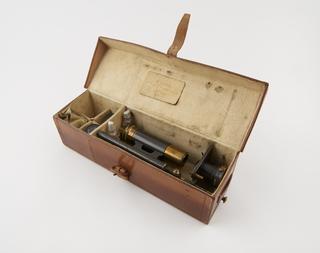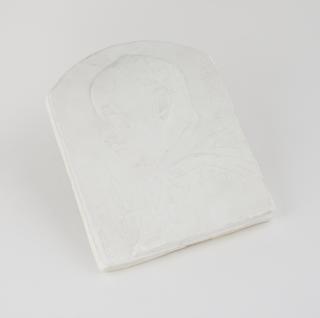
Sir Ronald Ross 1857 - 1932
As a doctor in the Indian Medical Service, Ronald Ross proved in 1897 the long-suspected link between mosquitoes and malaria. In doing so he confirmed the hypotheses previously put forward independently by scientists Alphonse Laveran and Sir Patrick Manson. Ross was subsequently awarded the Nobel Prize for Medicine in 1902.
Born in India, where his father was based as a soldier, Ross had seen the devastation caused by malaria at first hand, but it was not until 1892 that he began to study it scientifically. By this time, both Laveran and Manson - Ross’s mentor - had observed the presence of a parasite in blood samples taken from patients suffering from the disease.
In August 1897, Ross made his crucial discovery. While dissecting the stomach of a mosquito fed on the blood a malaria victim, he found the previously observed parasite. Through further study he established the complete life cycle of this parasitic organism (plasmodium). He was knighted in 1911 and in 1926 became Director of the Ross Institute and Hospital for Tropical Diseases in London, which was founded in his honour.

